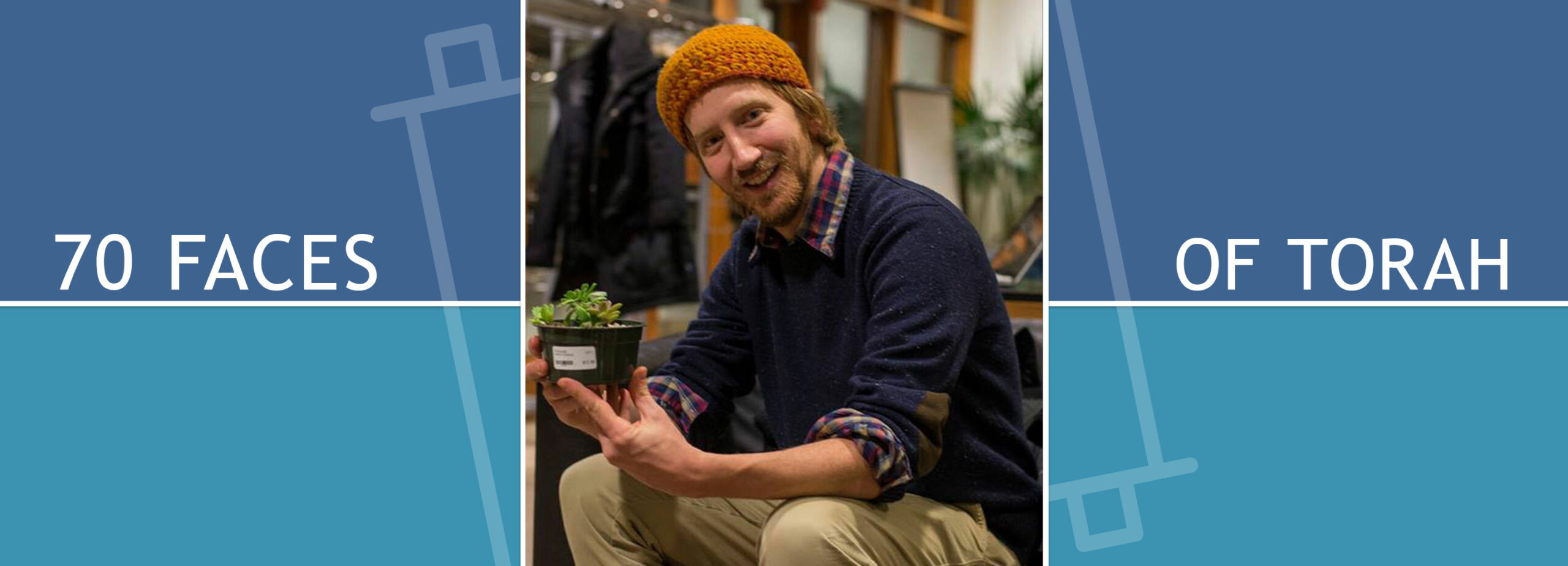Passover The Lingering Question of the Seder

This past weekend, we celebrated our second quarantine Pesach. Two years running with just the five us around the Seder table (each time, a strange mix of sad and sweet). We let our little ones know that in the absence of guests they would have to ask even more questions, to lengthen the telling of the story, to luxuriate in the customs of the night. Yet, a little more than three hours later, we were all cleaned up; matzah crumbs as numerous as the sands of the seas had been swept. Still, as we left the dining room, the best question of the night—the most honest and innocent inquiry—still echoed in my ears. I can’t remember who asked it, but when it came time to recount the plagues, one of the kids wanted to know, “why is God such a bad person?”
I responded in the only way I knew how—evasively—“God is not a person.”
Like some sort of offended non-dualist, I started rambling about the Divine embedded in the world around us. I may have even begun to define “anthropomorphic” for them, but the kids weren’t having it with my deflection. Our oldest clarified, “Fine. God is not a person, but why is God mean?” Our middle child continued, “Yeah. The only reason that Pharaoh didn’t let them go earlier is because God hardened his heart. Then God kills his kid and a bunch of other kids?! How is that right!?”
This time I demonstrated that I was listening, “I think that y’all are asking all the right questions. You’re pointing out difficulties that Jews have been struggling with for thousands of years.” We talked about the ritual act of diminishing our joy with each drop from our cup and the midrash in which the angels are admonished for their cheers. We conceded that there is violence in this story and there is injustice in this story and that we were proud of them for picking up on themes that felt dissonant from the Jewish values that we are always trying to impart.
But then, almost imperceptibly, I found myself shifting; trying to defend tradition, to defend the Kadosh Baruch Hu, the Holy One of Blessing. I sought to separate the God of the story from the Divine that we experience in our lives. I took an anthropological approach, explaining that the story came from an ancient time when miraculous feats and demonstrations of raw power might have felt necessary. Then, taking my cue from the mefarshim (commentators), I showed them how at first Pharaoh hardened his own heart and only later did God take over. Yet, even to my own ears, these arguments rang hollow, mere apologetics. Pesach is a holiday where we glorify the asking of questions and I feared that my answers had not done the questions justice. Weren’t they just the echoes of unsatisfying answers that I had received? So, walking away from our Seder table, I tucked their question away and promised to return to it.
This Shabbat, our Torah reading will return us to the shores of the sea. We read from Parashat Beshalach and relive the thrilling getaway—that is Yetziat Mitzrayim. One of my Hebrew College Rabbinical School classmates and I have been studying Midrash Tanchuma together in recent months. Yesterday during our chevrutah, we came across a sweet little drash that used Exodus 13:21 as its jumping off point.
וַה’ הֹלֵךְ לִפְנֵיהֶם יוֹמָם
And YHVH went before them by day.
The midrash connects the Holy One’s accompaniment of the people in the wilderness to the way in which Avraham once accompanied the ministering angels, “And Avraham went with them to bring them on the way.” (Gen. 18:16) Both verses are connected by the verb ה.ל.כ, meaning “to go” or “to walk.” The midrash leaves us with a simple teaching, “Just as people treat others so are they treated.” Reading the midrash this year, I was struck by the ways in which the Holy One of Blessing learns from us. Avraham doesn’t accompany the angels because he is trying to act in the ways of the Divine, rather the Kadosh Baruch Hu accompanies the people in an attempt to emulate humanity.
Perhaps this teaching hit home because it brought me back to the question that was asked at our Seder table, “why is God such a bad person?” God is a bad person; the ways of people, our emotional needs, our fears and vulnerabilities sometimes seem completely foreign to the Divine of the Torah. Where the great biblical scholar, Yochanan Muffs, of blessed memory, seemed to argue that the multi-faceted, almost-human personality of the Divine offered pathways for people to relate to the Holy One, the sages are saying that the opposite is true, as well. We as humans, in all of our complexity, can still serve as models for the Divine.
We are in the wilderness. The last year has shown us time and again that the path before us is unknown, it is long and winding and full of pitfalls. I hope that we can take comfort in knowing that on this journey, the Holy One is trekking along with us, gracing us with a sense of holy accompaniment. Similarly, we should recognize that our actions, the kindnesses that we are extending to others, the struggle for a more just world, the way we walk through life serves as instruction for the Divine. May we continue to learn from the Holy One of Blessing, and in turn, may we remember to teach God what a blessing it can be to be more human.
A new transplant from Boston to Atlanta, Rabbi Jordan Braunig is the Jewish chaplain at Emory University. His work centers on opening doorways for students to meaningful practice, Torah study, and joyful community. Jordan was ordained by Hebrew College in 2014.

